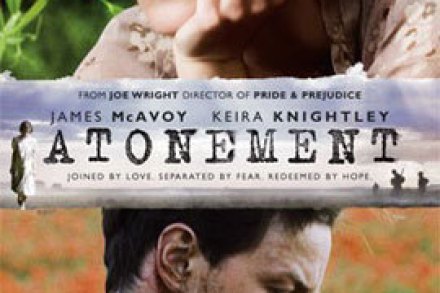What to see this Autumn
If you want to know what’s coming up in the arts this autumn a good place to look is today’s G2, where critics have chosen the ‘50 hottest acts’. The film Atonement, based on Ian McEwan’s novel, with Keira Knightley and James McAvoy, opens on 7 September (I’ve seen a preview and loved it). Other recommendations include: the Royal Opera House’s Iphigénie en Tauride (with Simon Keenlyside and Susan Graham); lots of Sibelius in Manchester and London; Millais at Tate Britain and Renaissance Siena at the National Gallery; and Michael Morpurgo’s War Horse at the National Theatre.















